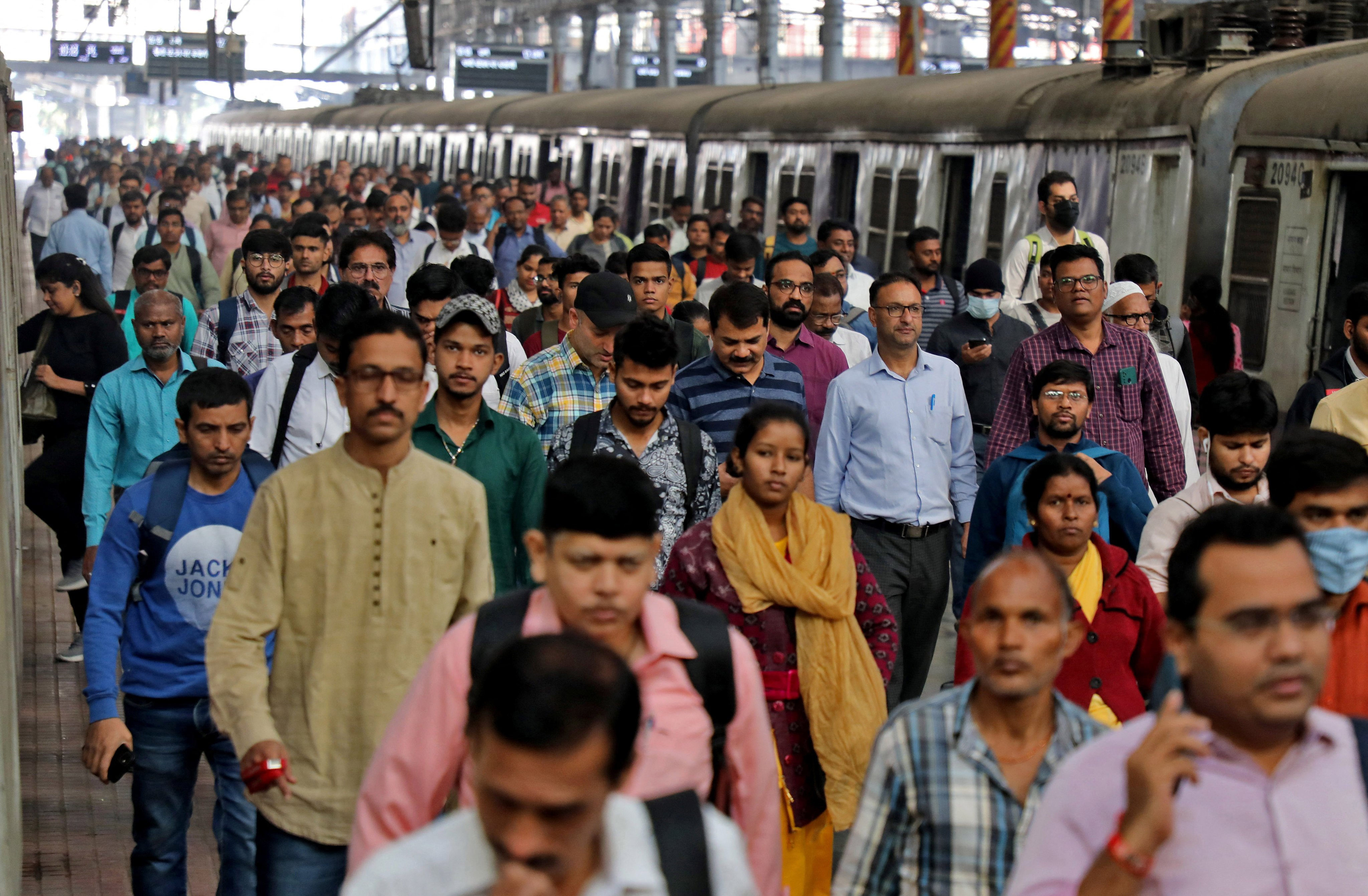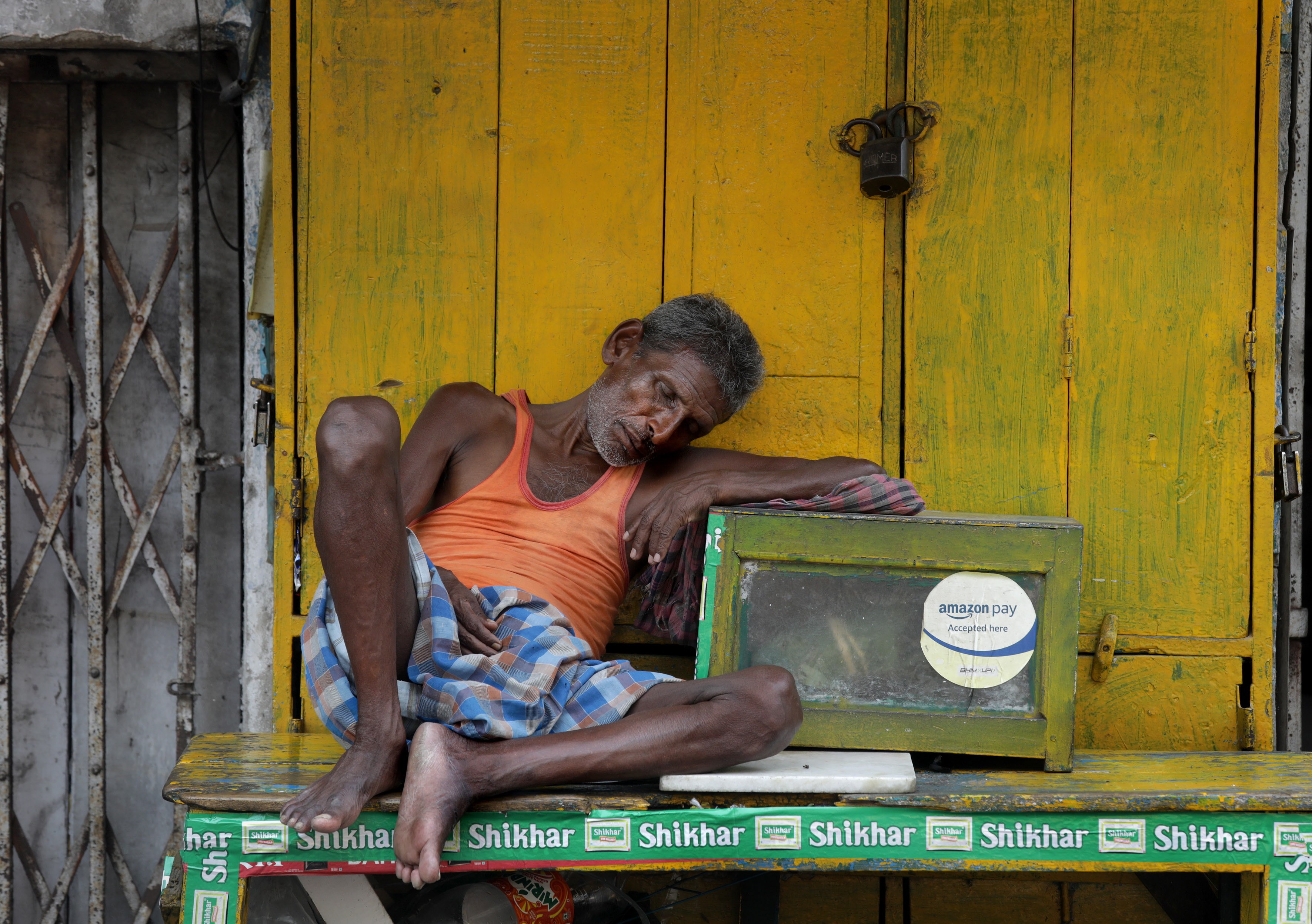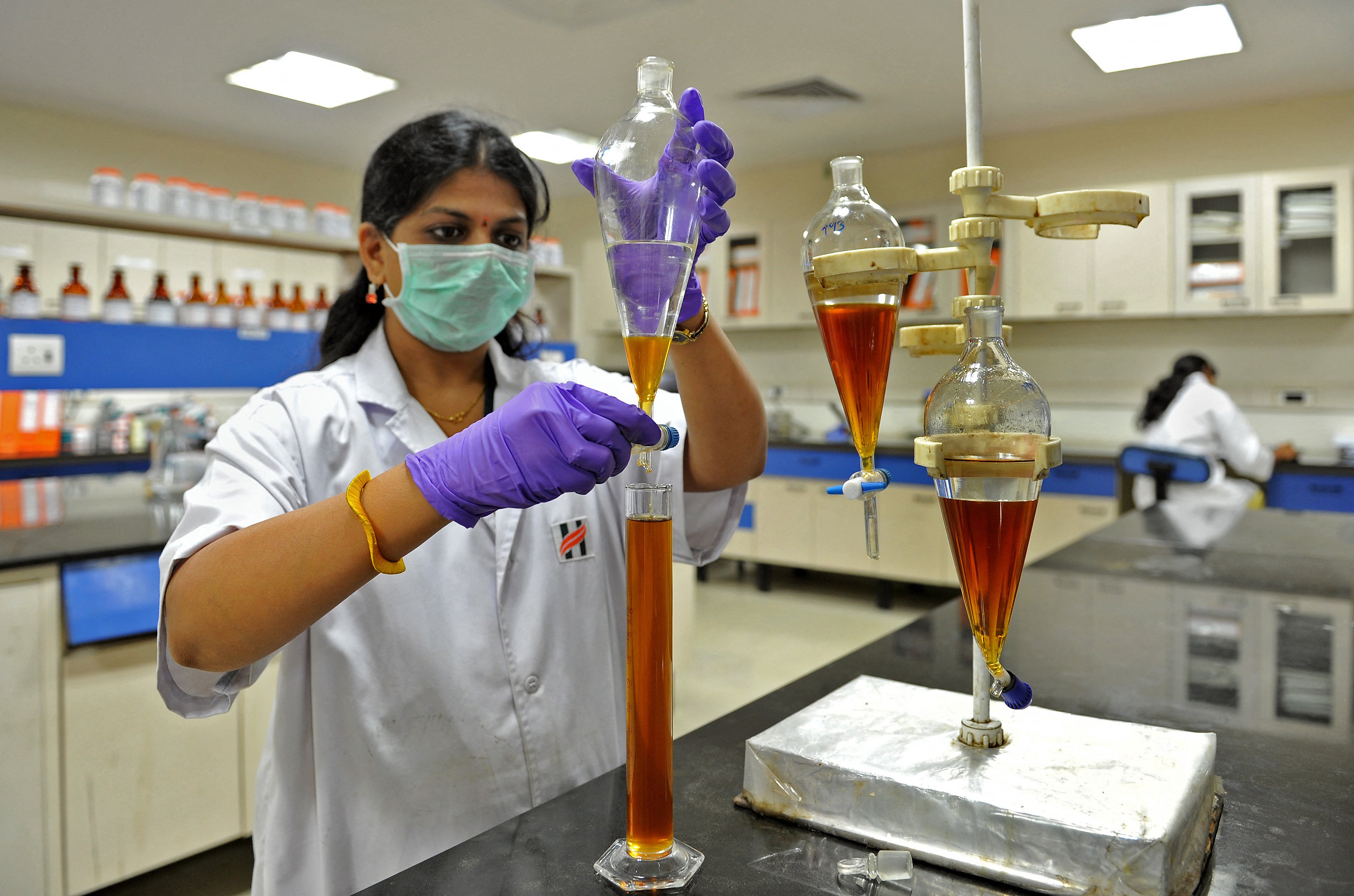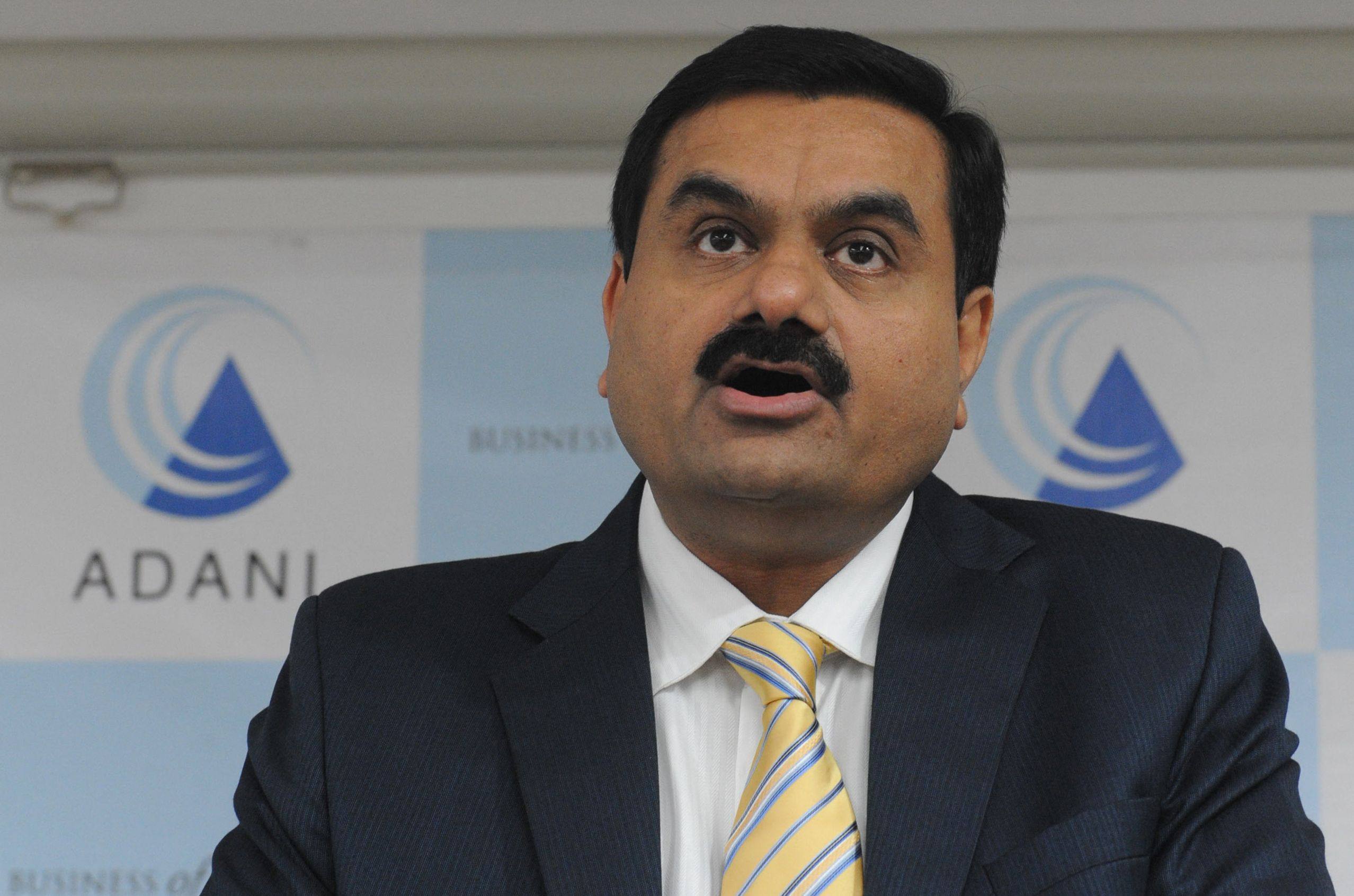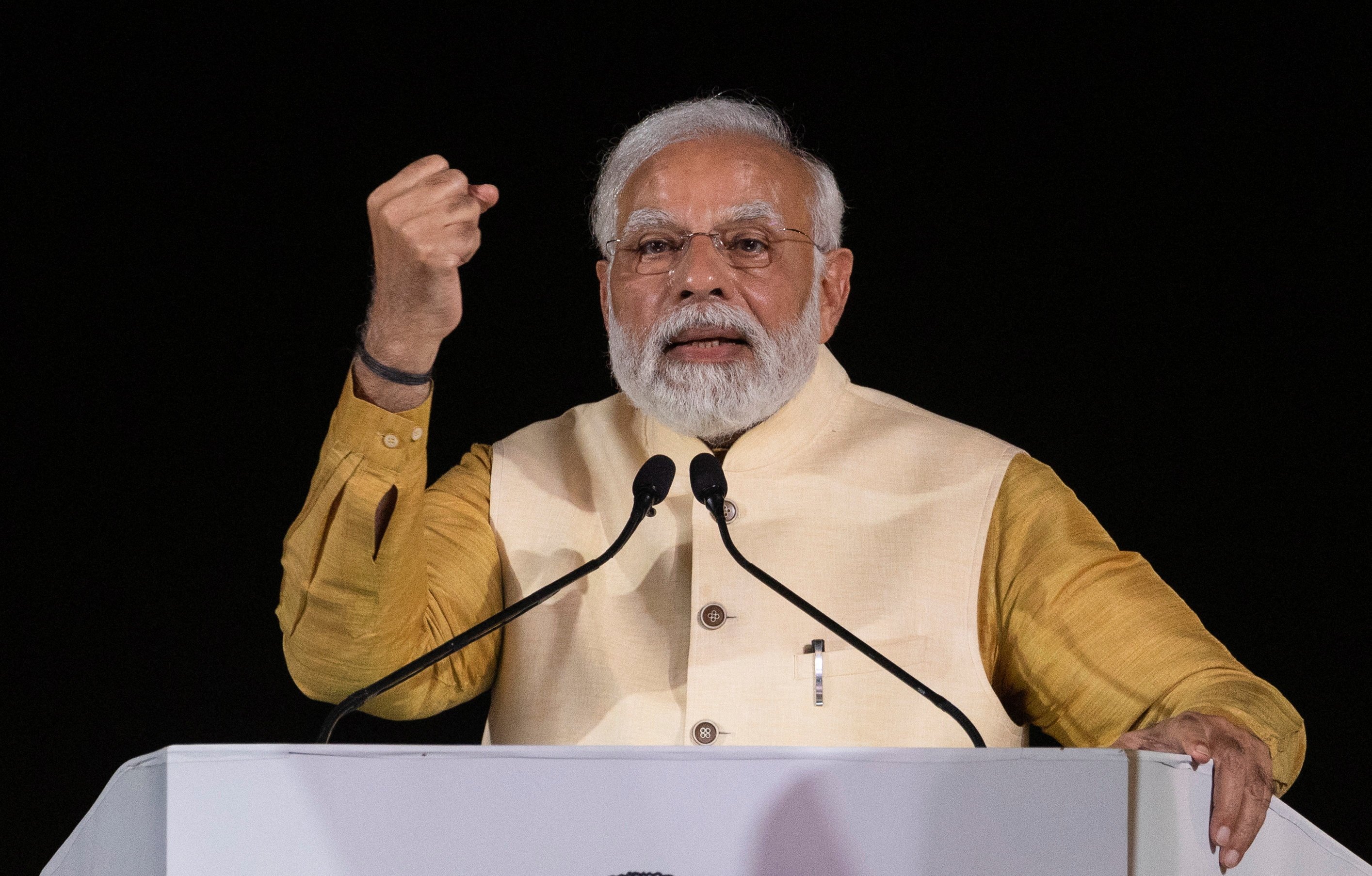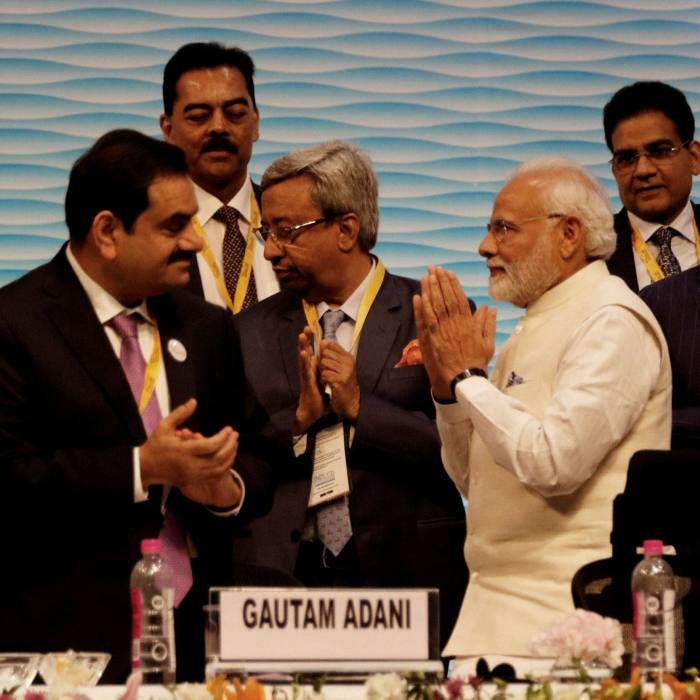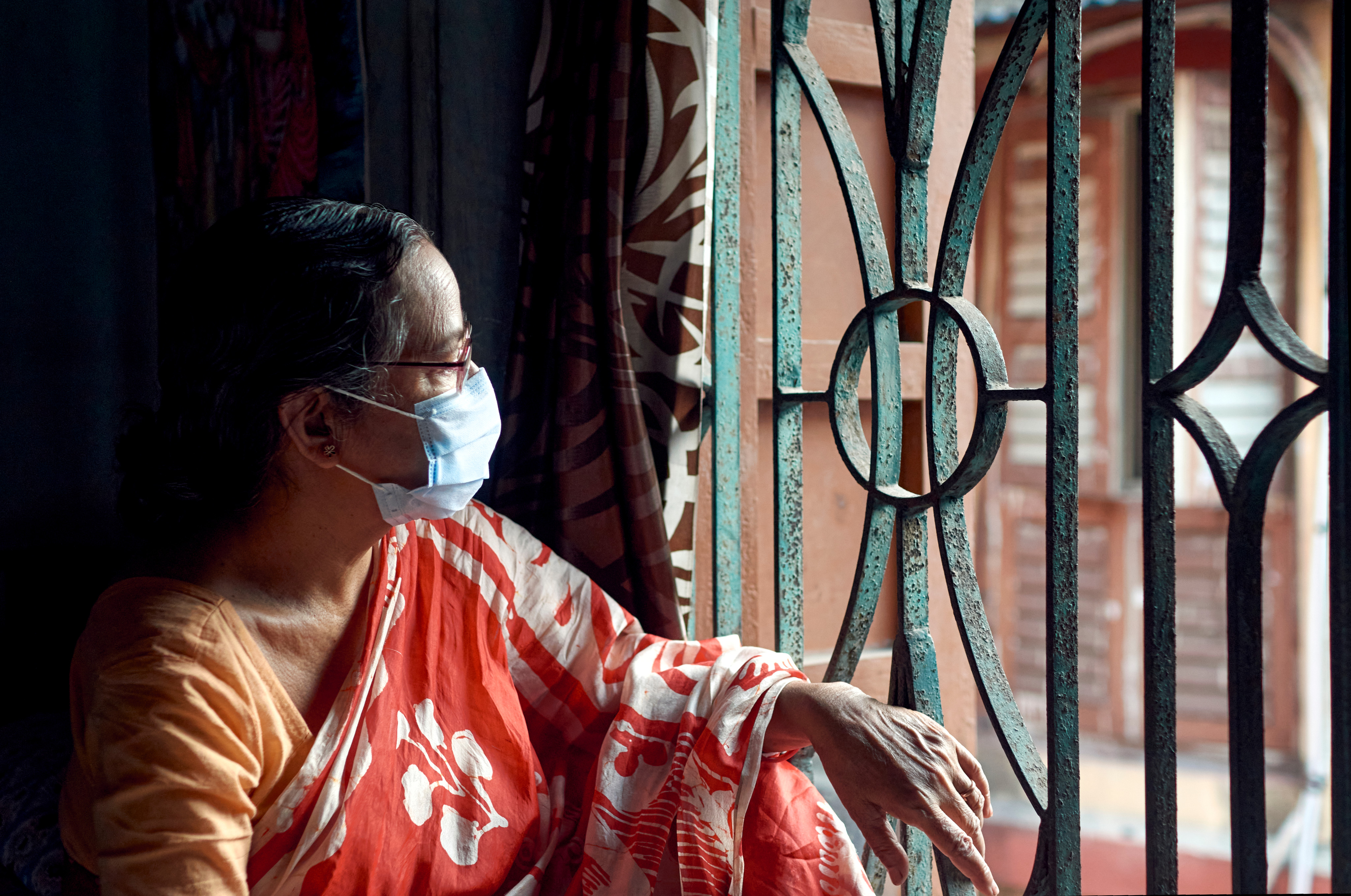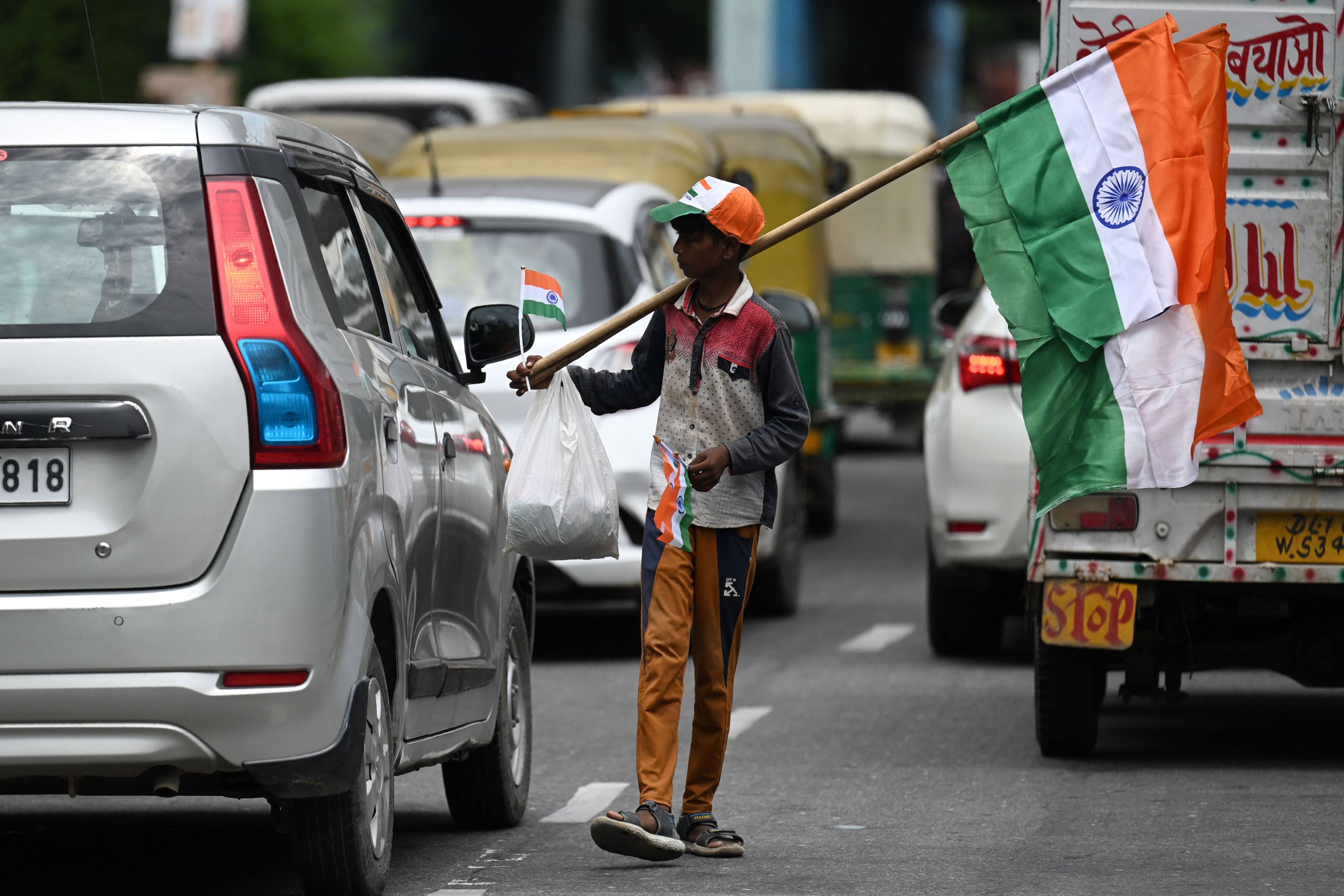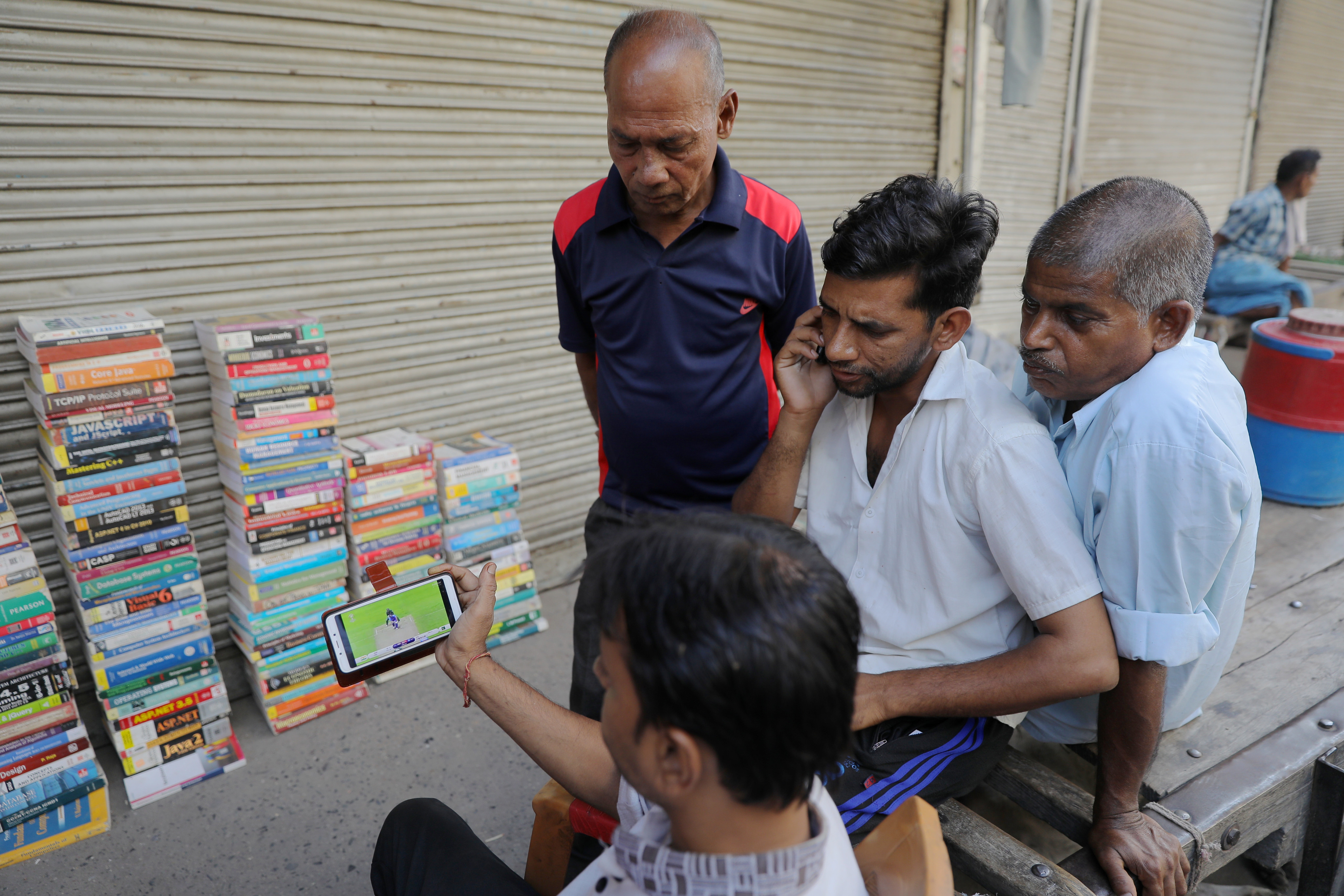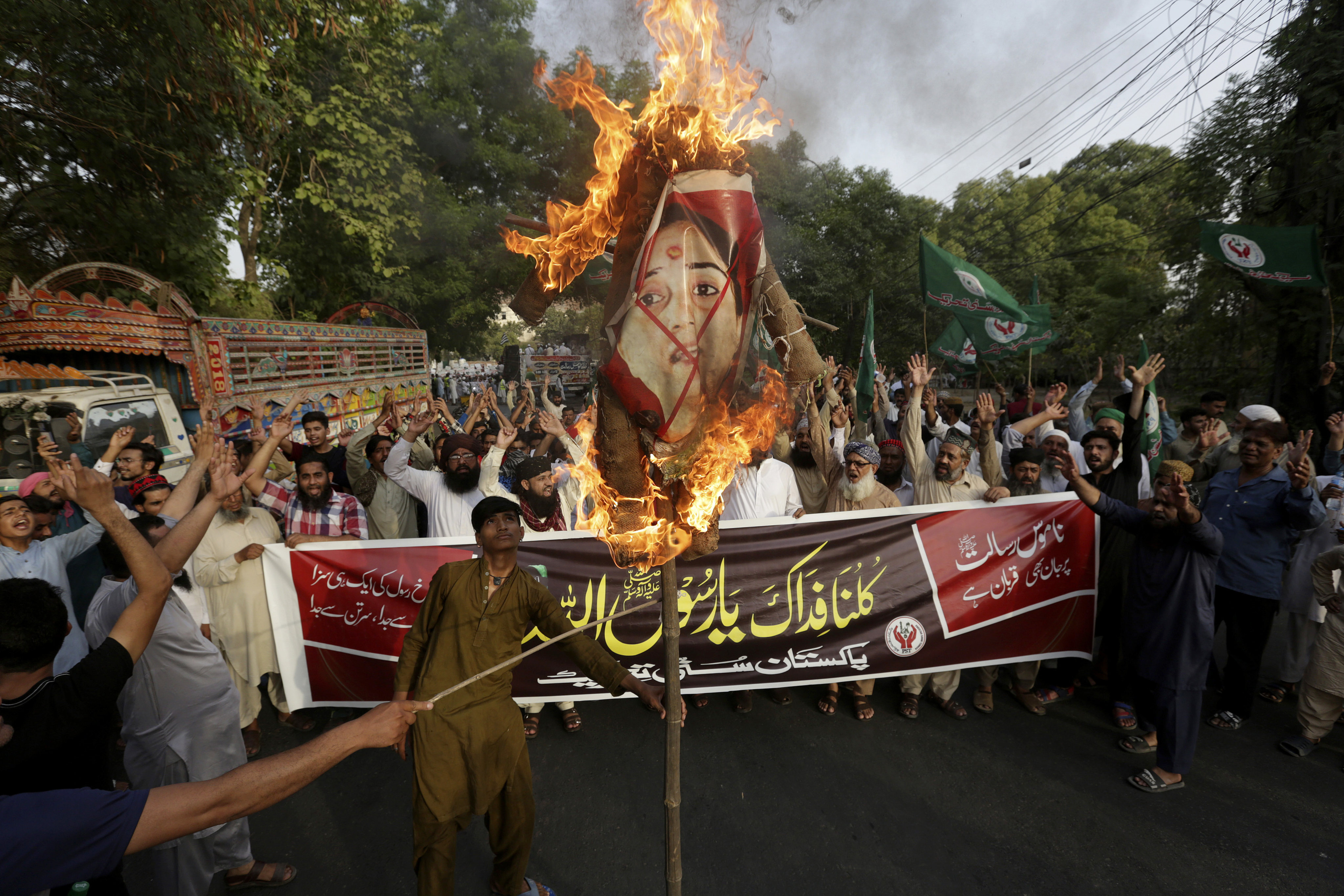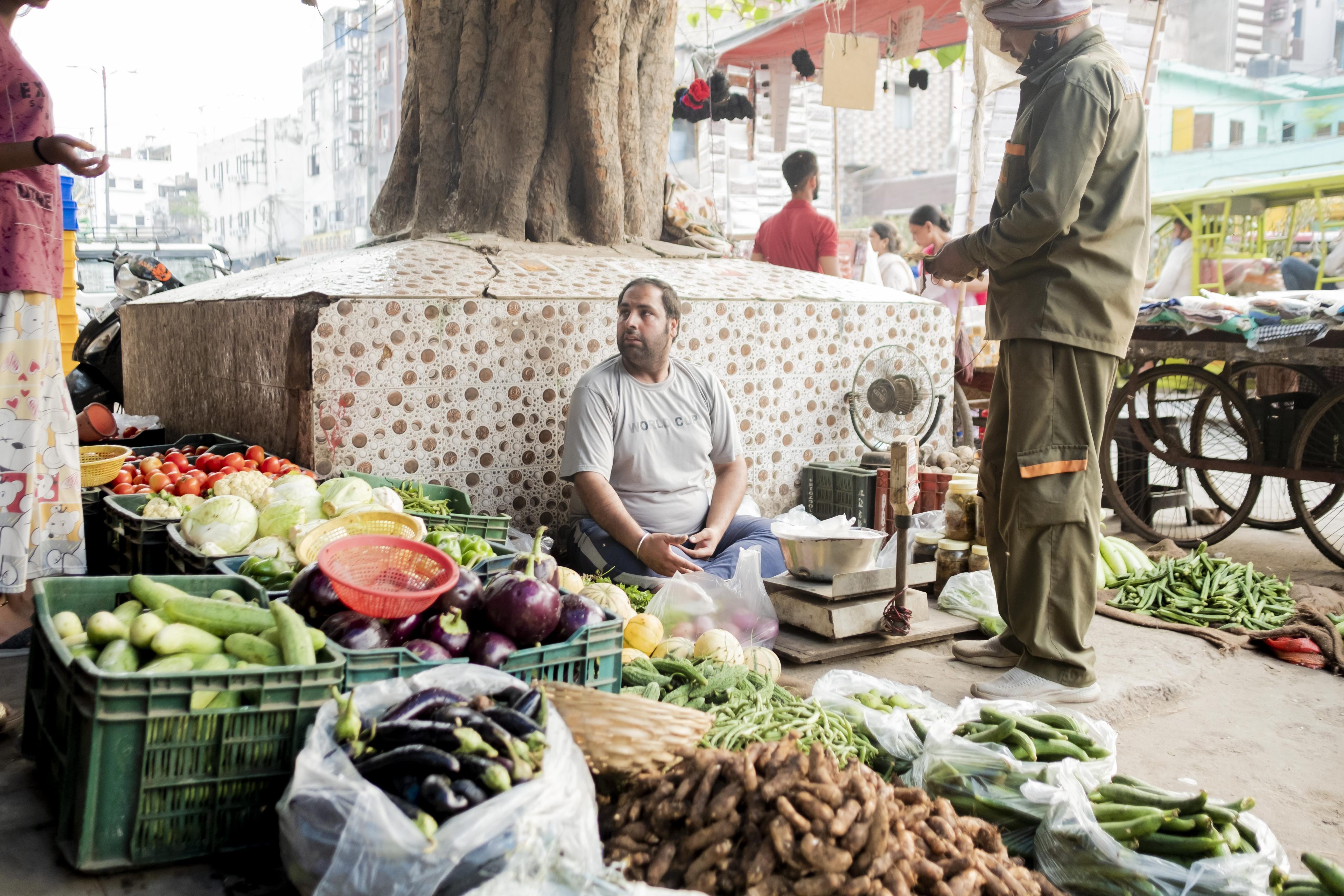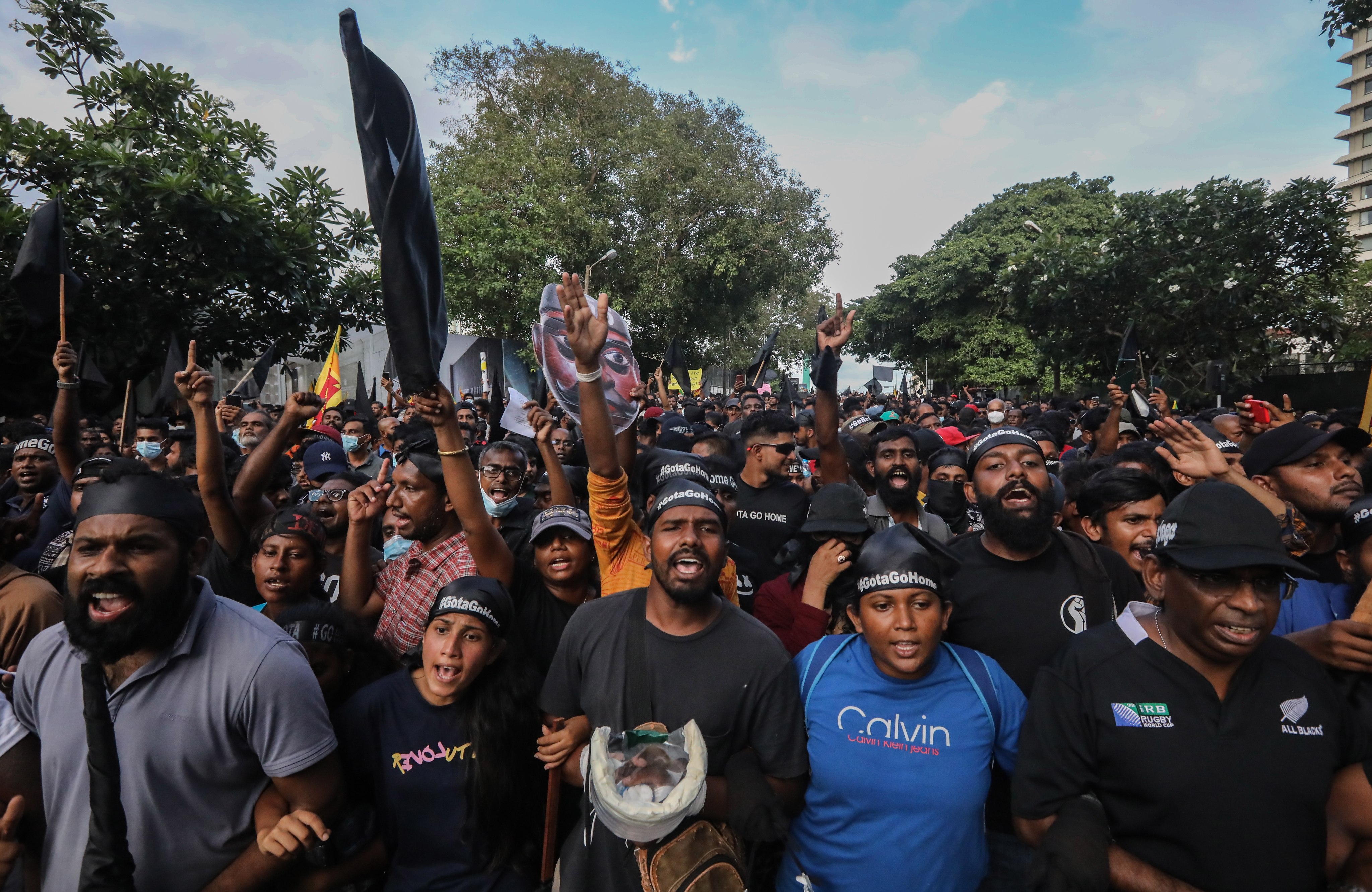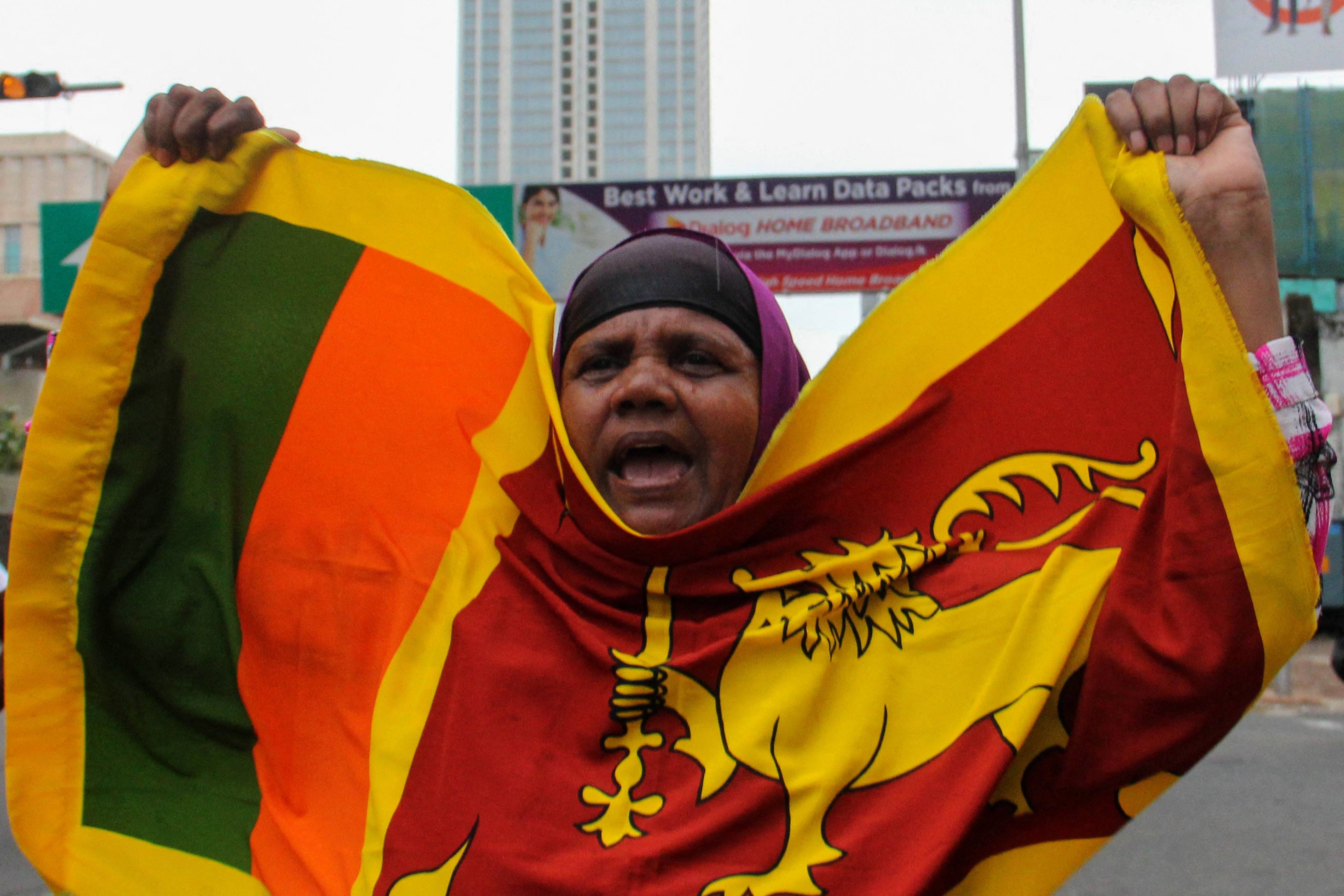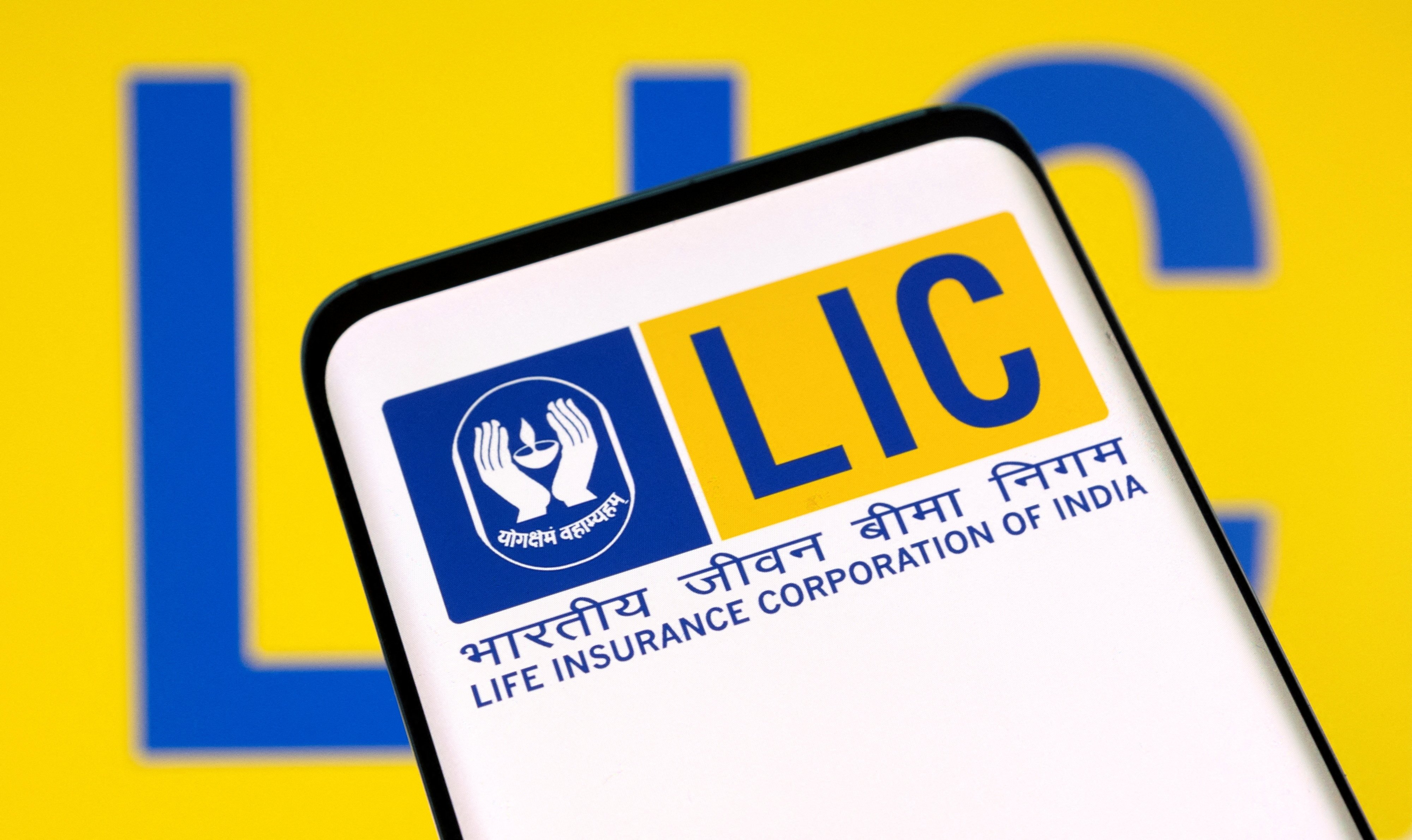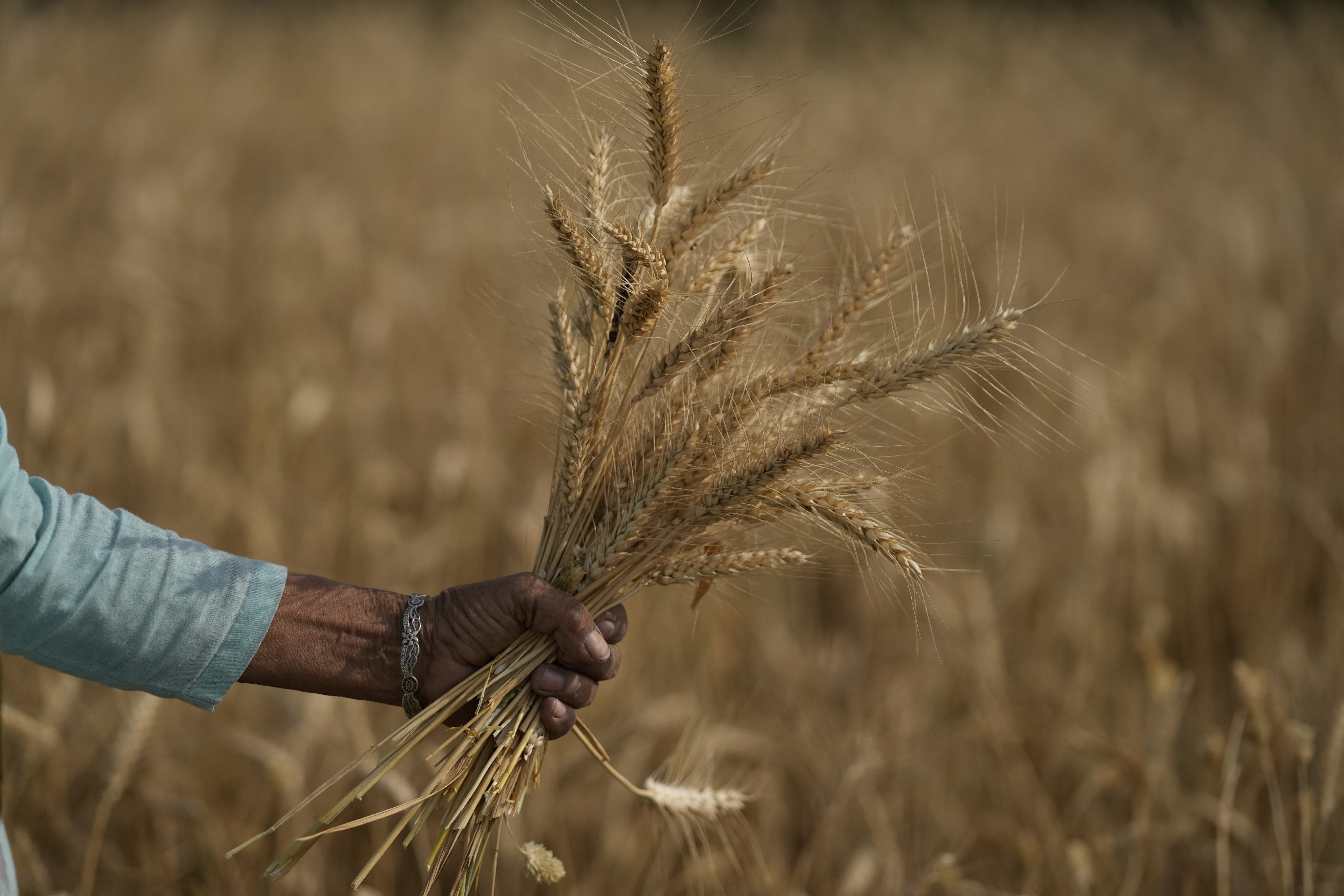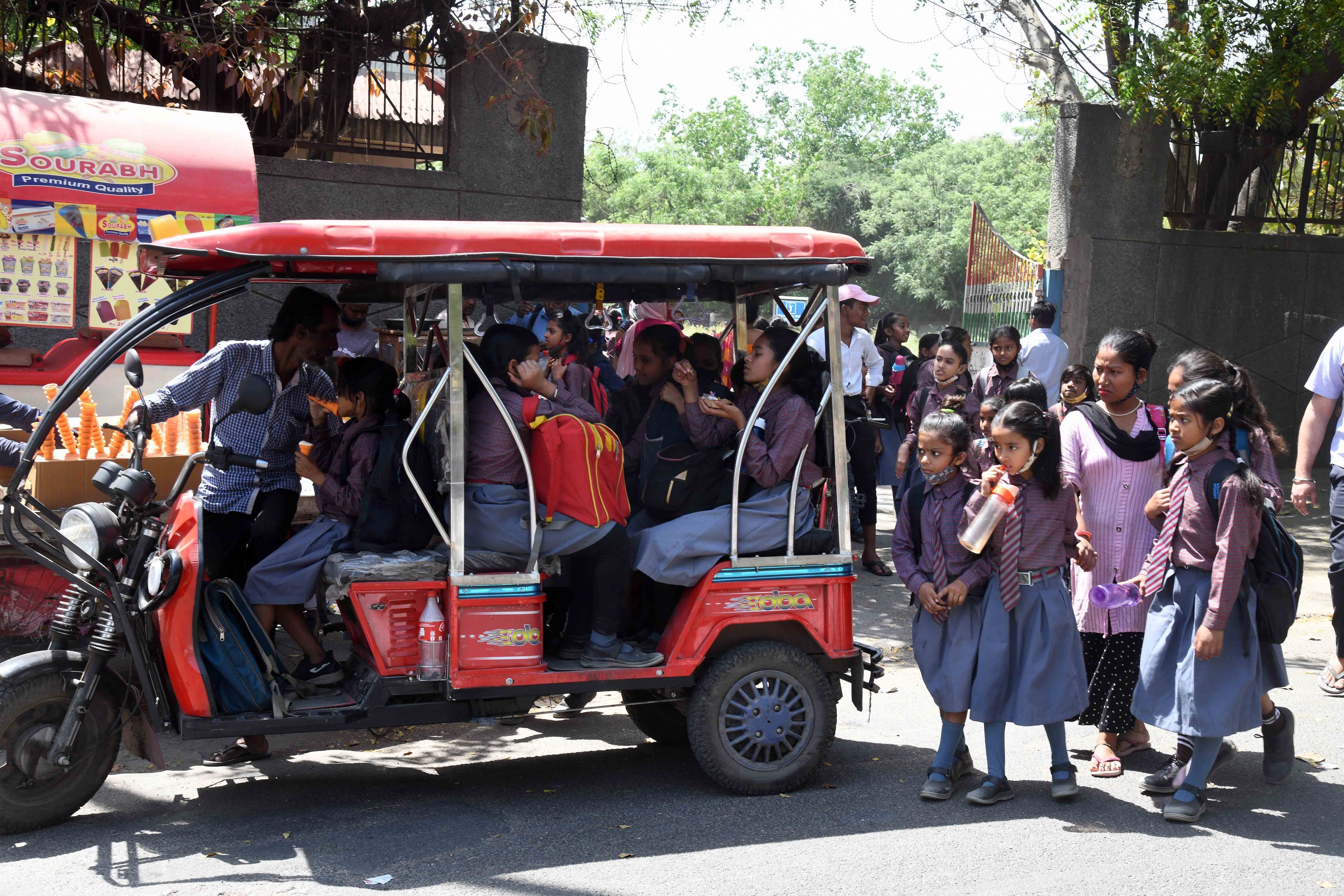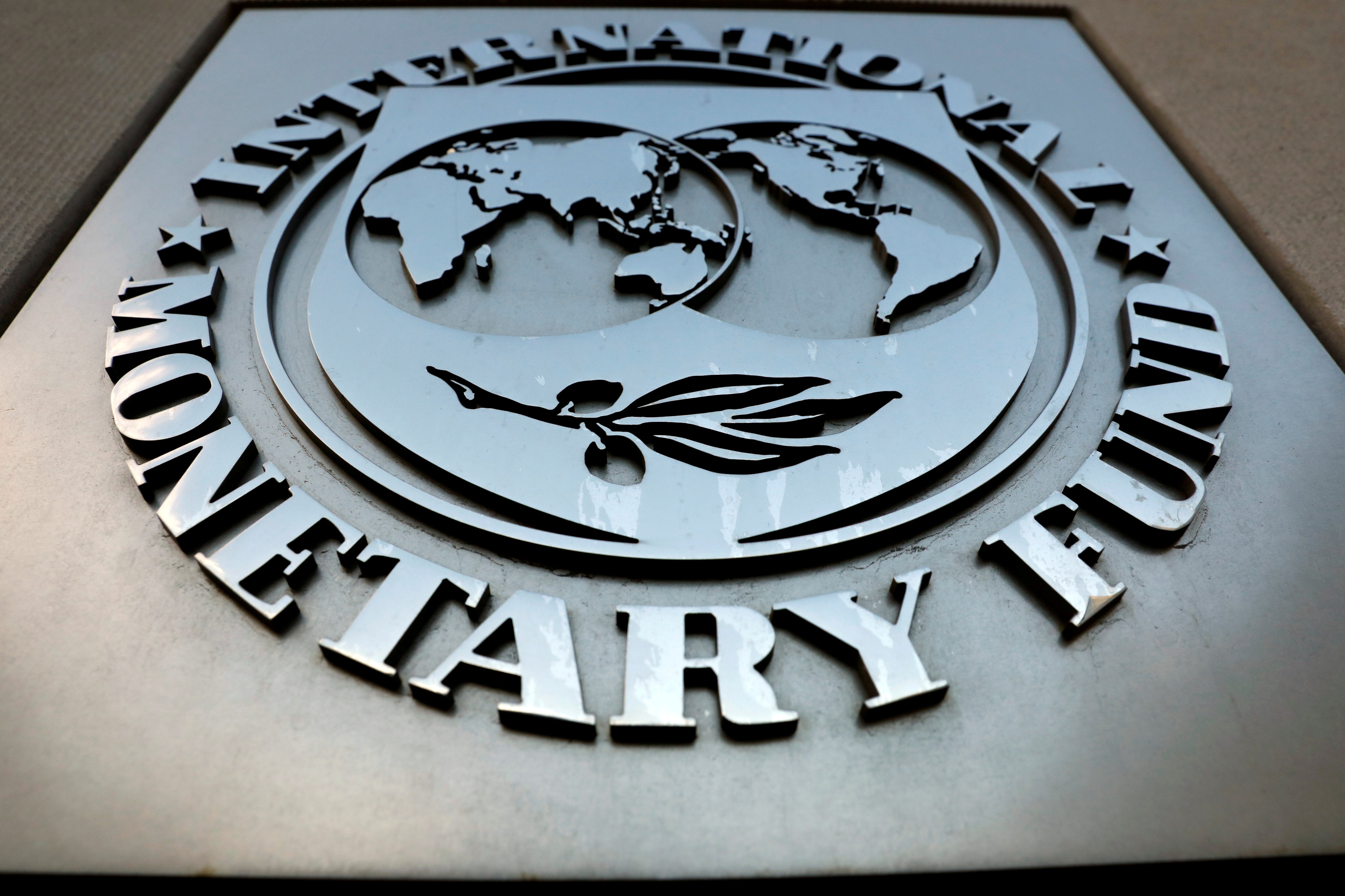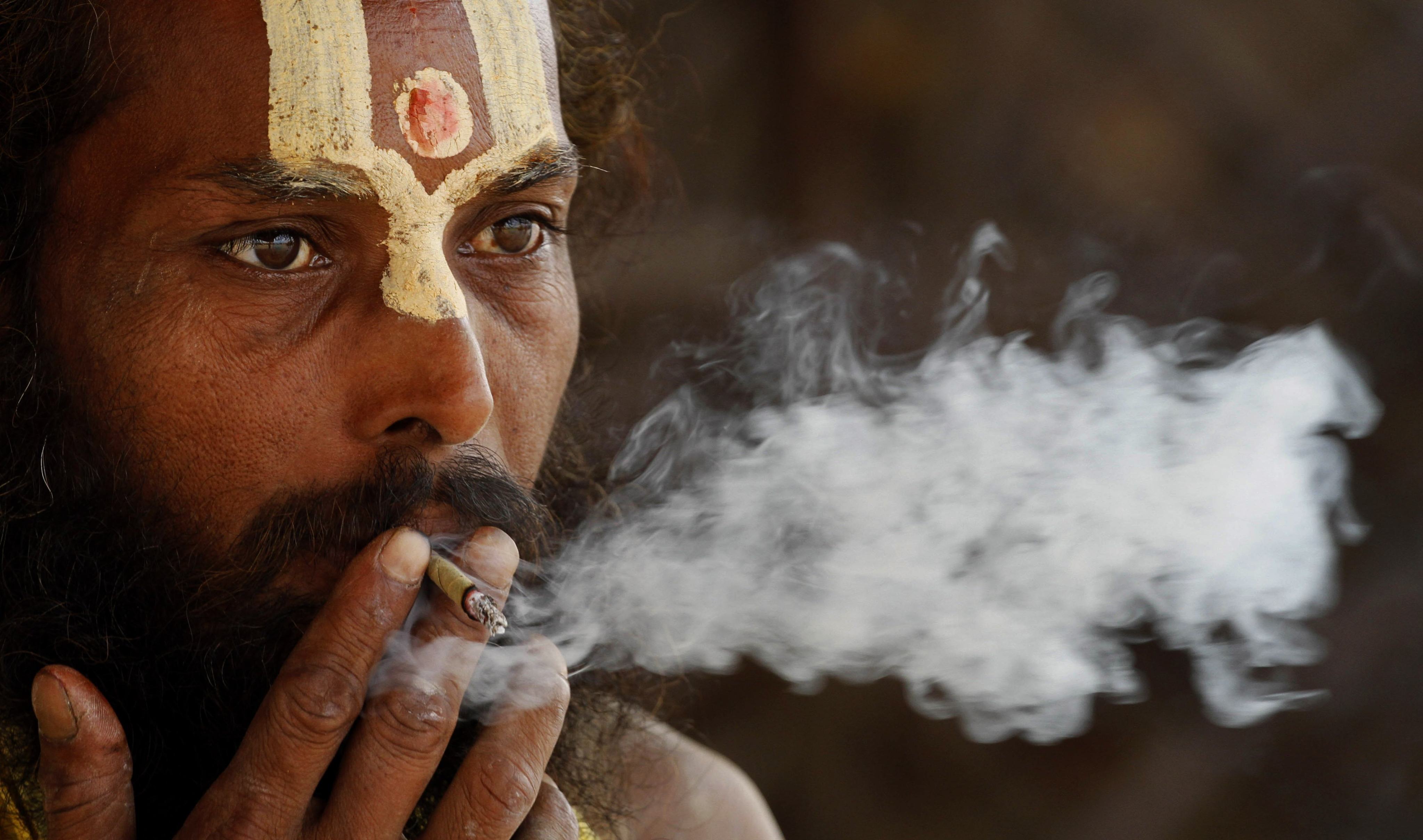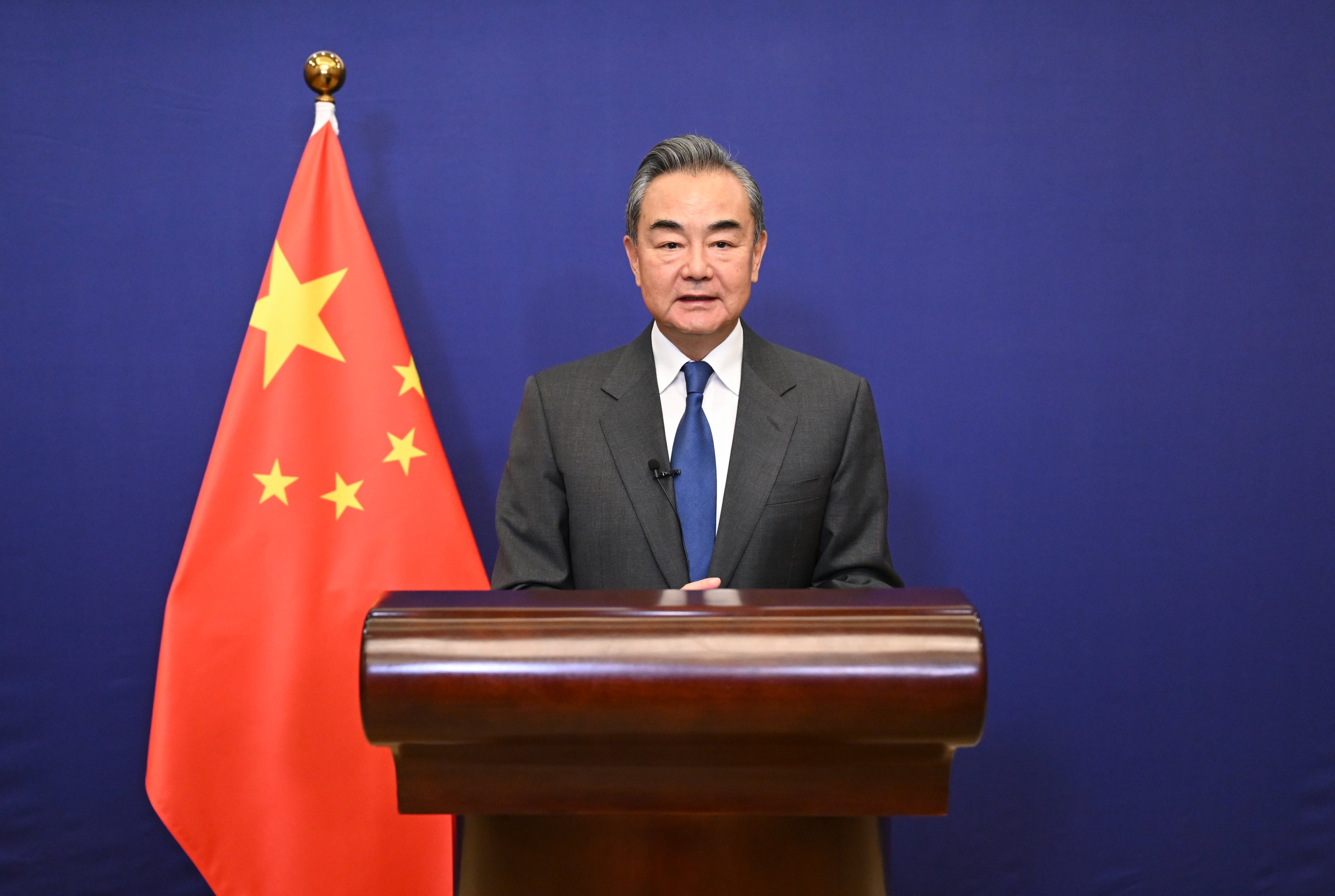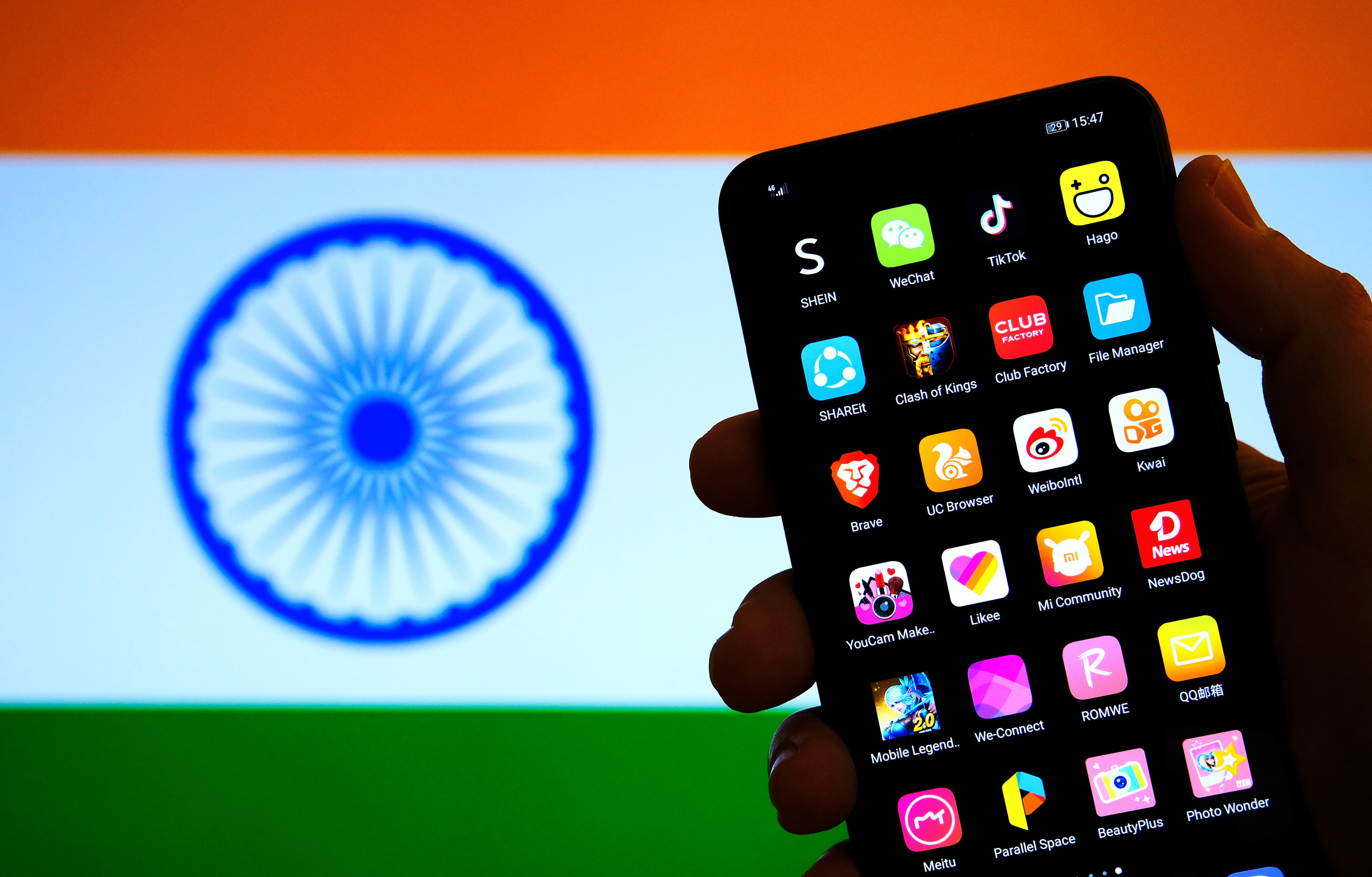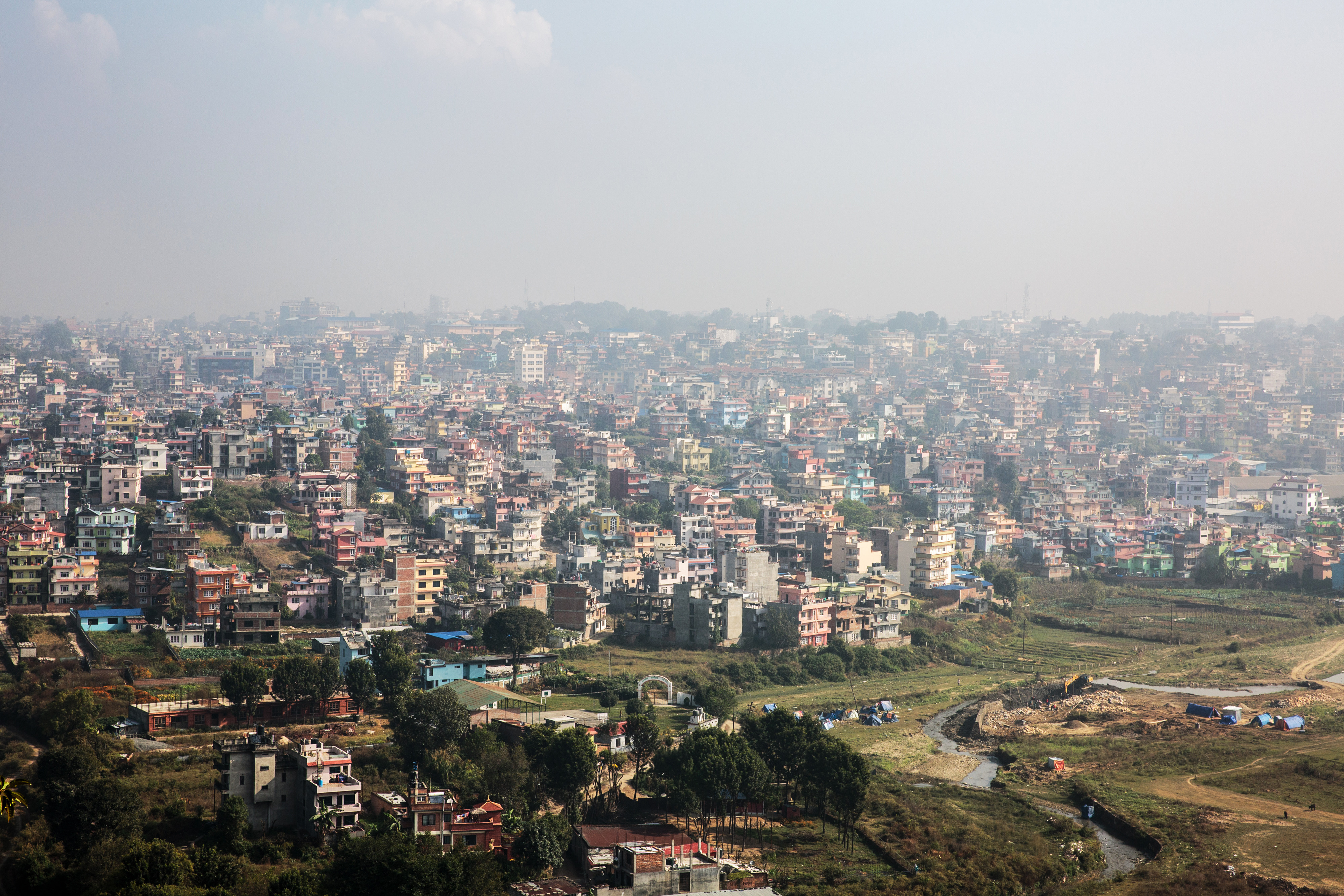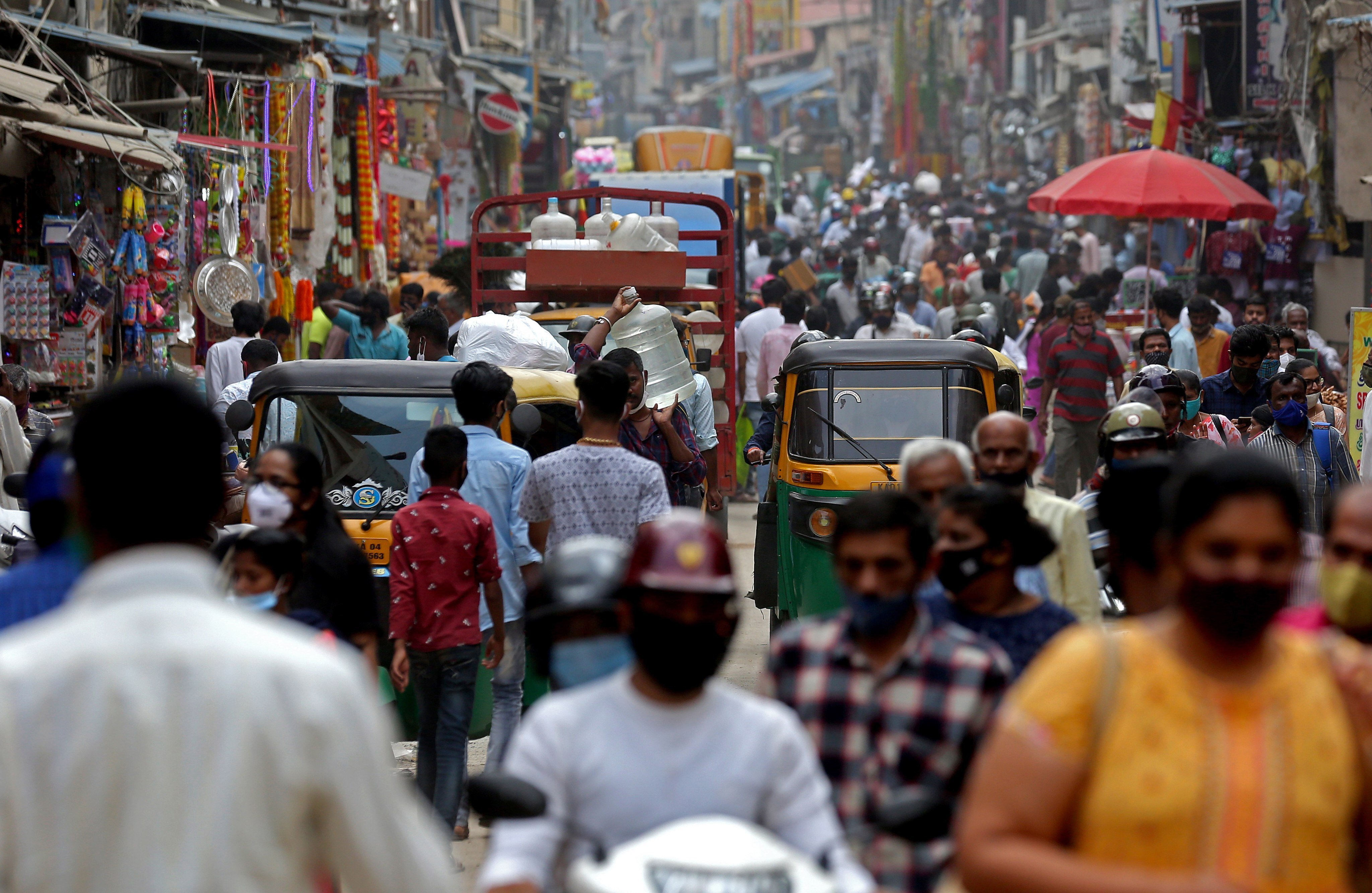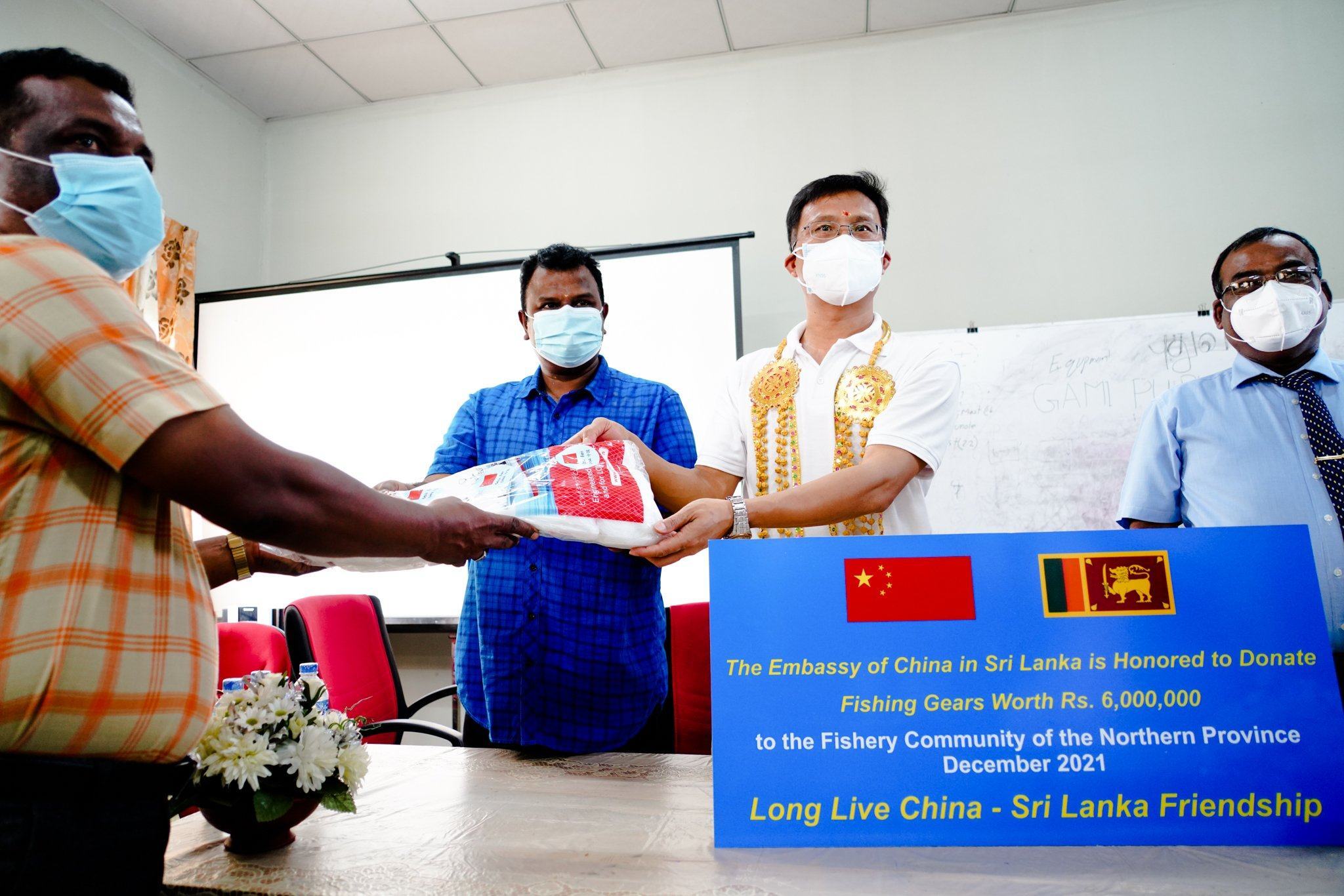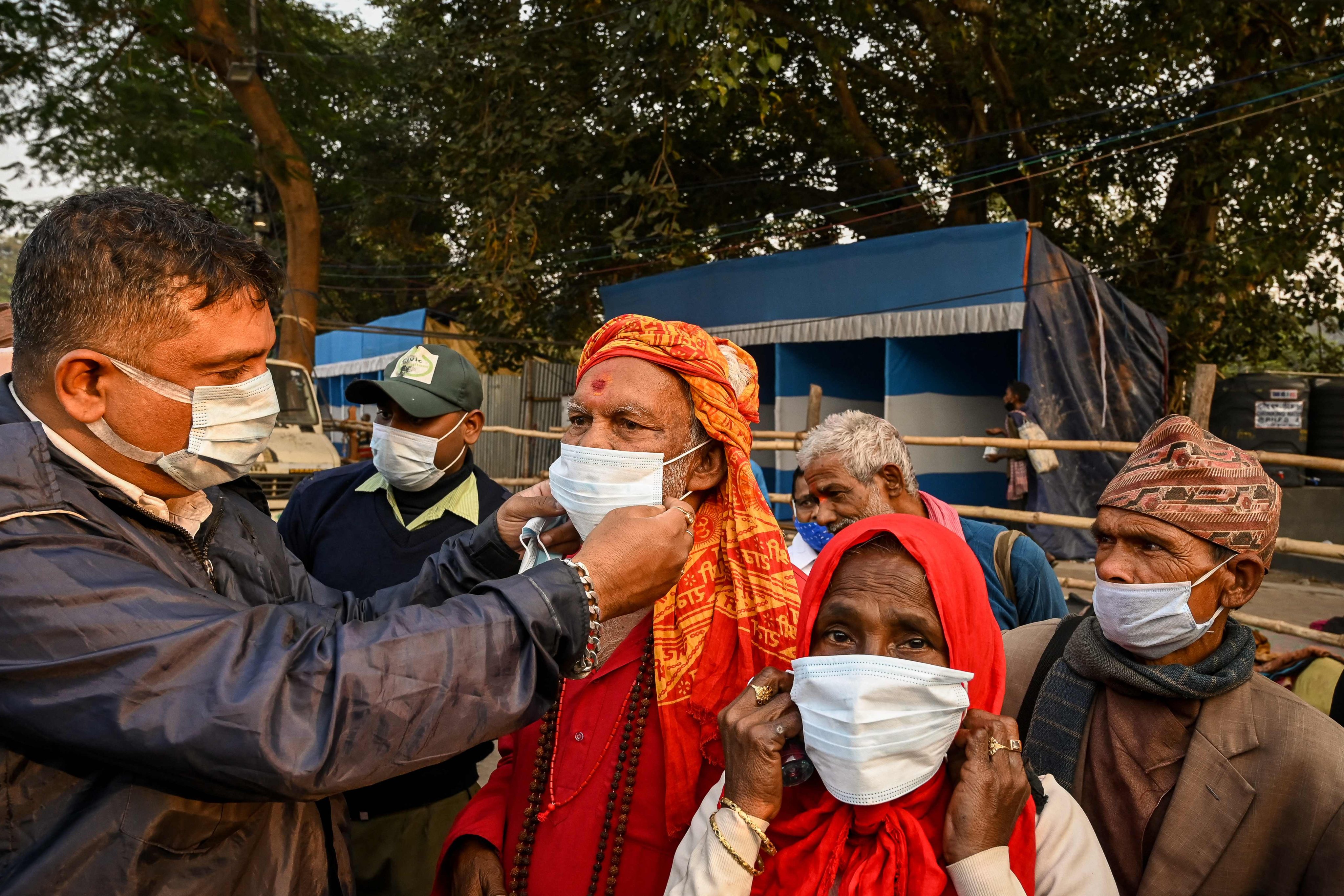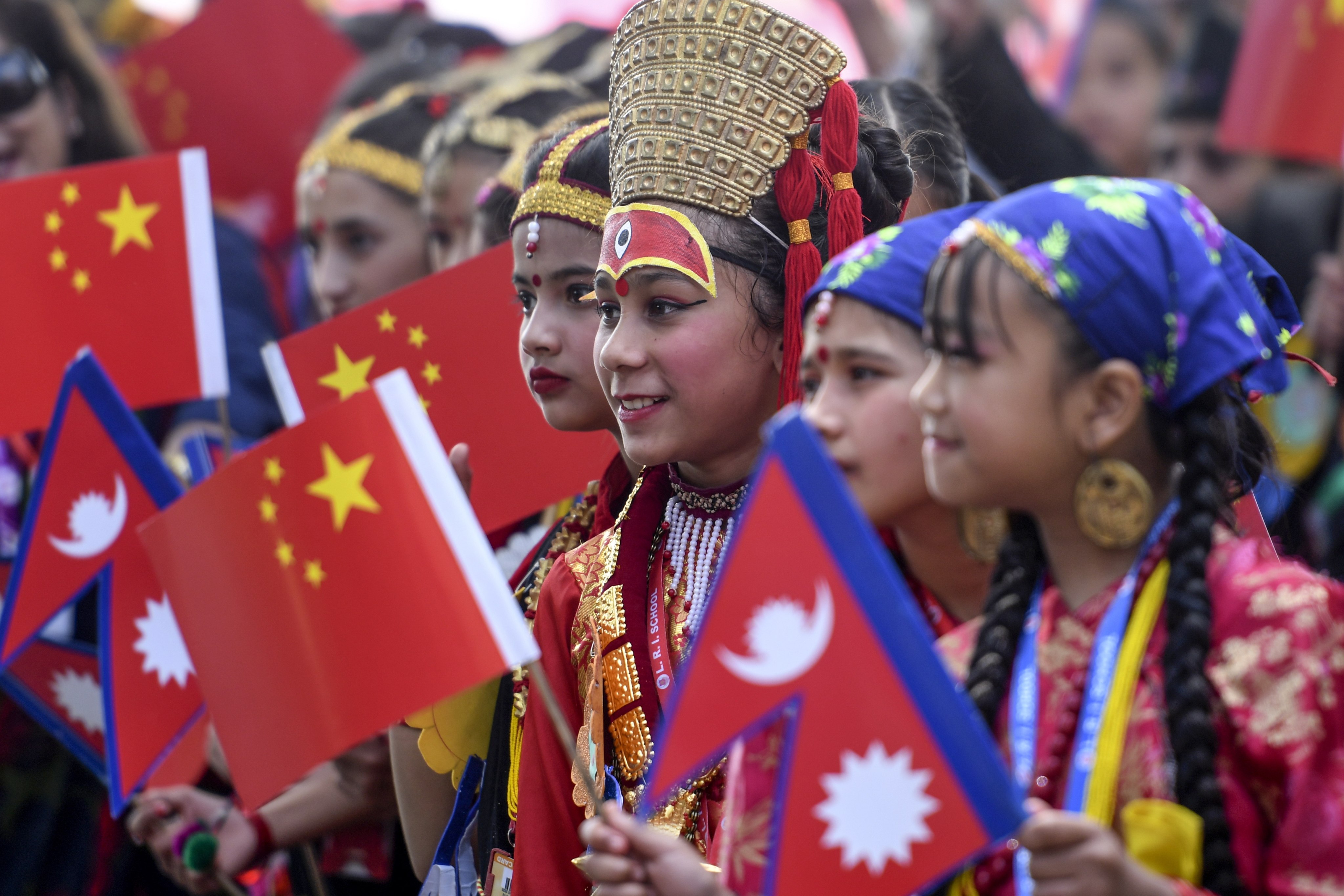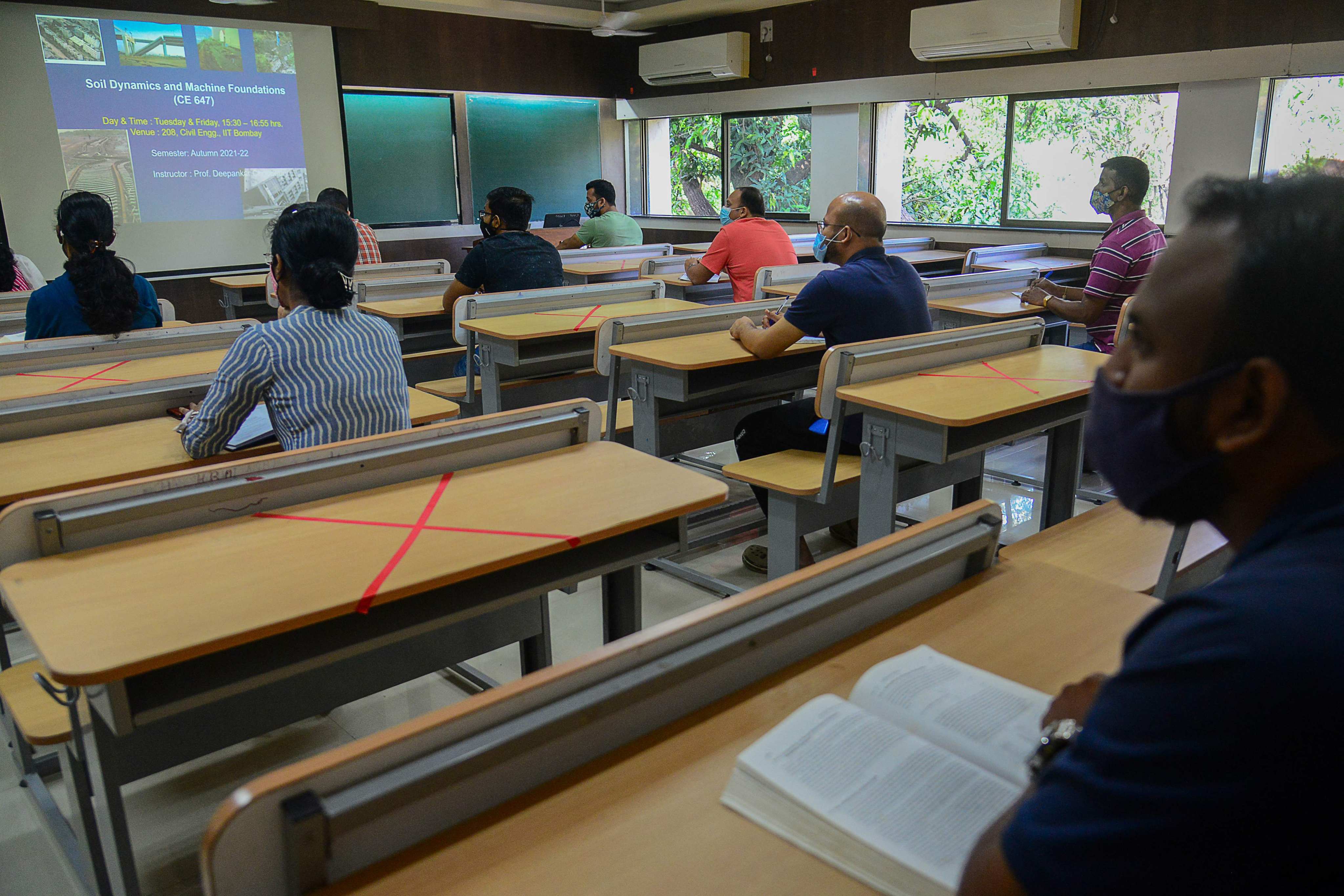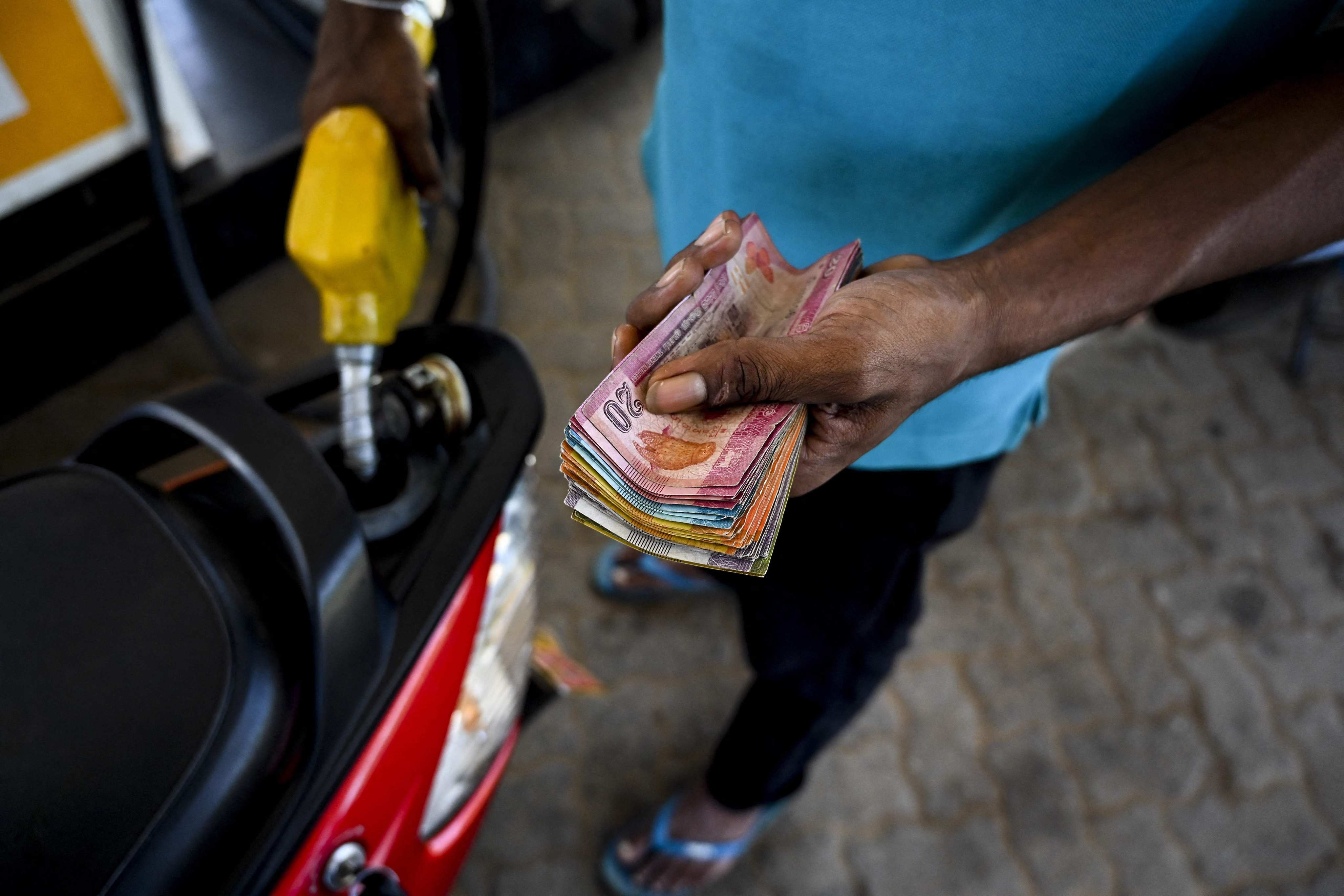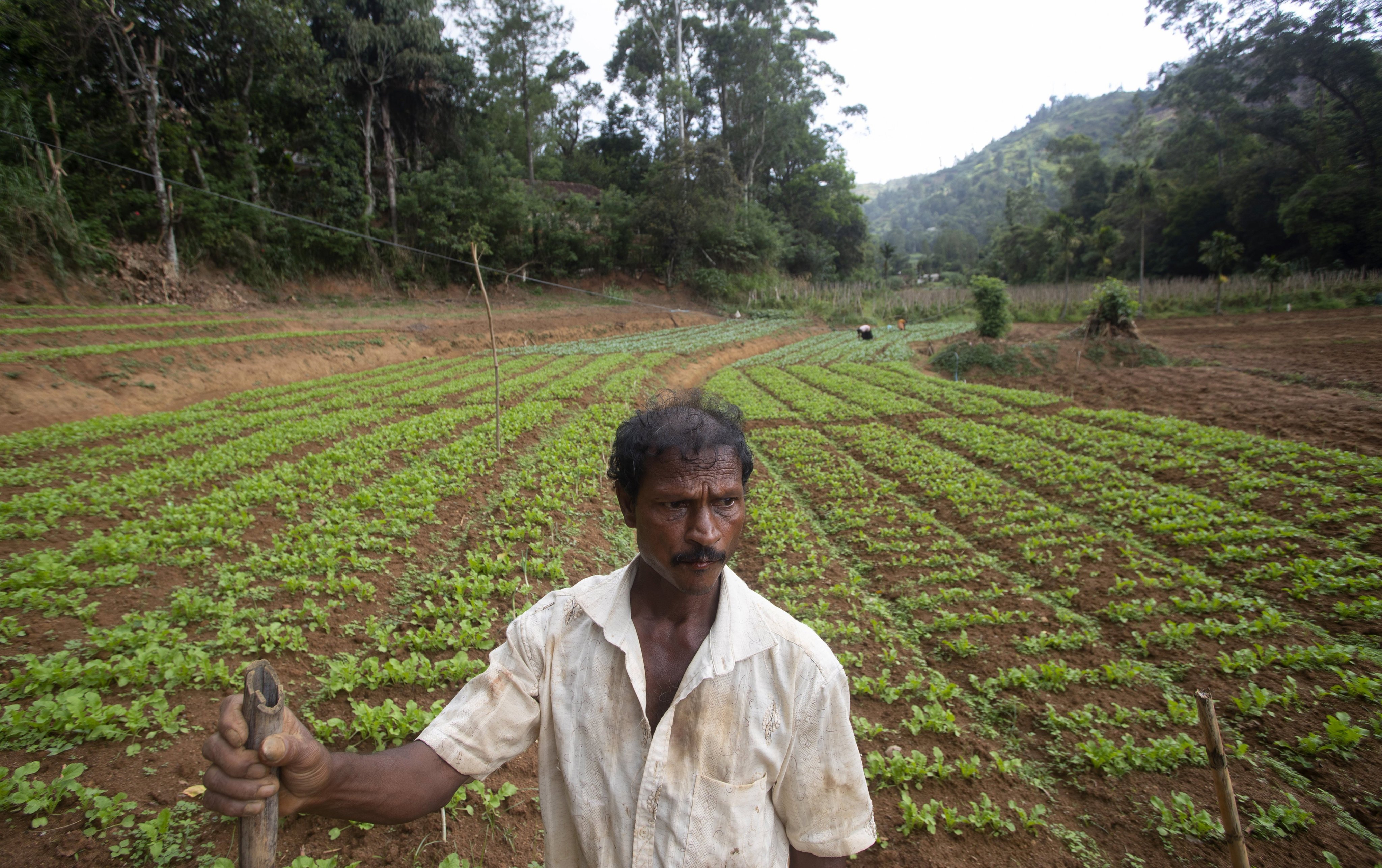Advertisement
Advertisement
Penny MacRae
Penny MacRae is a journalist based in New Delhi who specialises in writing about politics, economics, business and public health. A former correspondent for Reuters in London, Paris and New Delhi, she has also worked for Agence France-Presse and The Canadian Press.
Without up-to-date data, government planners will struggle to determine economic and social trends and frame policy, analysts say.
The arrival of El Nino could turn a not-so-great rainy season into a bad one, bringing hardship to nearly 60 per cent of India’s 1.4 billion population who depend on agriculture as their main source of income.
The alarm comes as India’s drug industry has also been in the news over deaths of 90 children that the WHO has linked to Indian-made cough syrups.
US-based short-seller Hindenburg Research accuses the Adani Group of pulling ‘the largest con in corporate history’ through accounting fraud, share-price manipulation and money-laundering.
Advertisement
Analysts say high unemployment, weak domestic consumption and a slowing global economy are expected to curtail India’s growth in the near future despite strong expansion in the April-June period.
Indian tycoon Gautam Adani is already the third richest man on Earth and his aggressive empire-building spree shows no signs of stopping. But is the Adani Group’s debt-fuelled rise sustainable?
The issue of lonely old folk is likely to get increasingly acute as India’s population growth slows and its number of elderly people grows.
As India marks the 75th anniversary of the end of British rule, its economy is booming, although there are problems, including inequality, polarisation, child malnutrition and not enough jobs to go around.
Accounting firm PriceWaterhouse estimates that revenue from media services offered directly to viewers via the internet will climb to US$2.4 billion in India by 2026.
While some analysts say the storm will blow over, opposition lawmaker Shashi Tharoor warns India’s international reputation is in ‘peril’ and the time has come for Modi to choose between ‘polarisation and prosperity’.
India’s economy expanded by 8.7 per cent in 2021-2022 but is forecast to fall to around 7 per cent this financial year; China’s pandemic measures, inflation and market shocks from Russia’s invasion of Ukraine are all expected to have an impact on GDP.
Sri Lanka’s prime minister Ranil Wickremesinghe is hoping China, India and other creditors will help his bankrupt nation keep going until a potential IMF bailout in mid June.
High inflation, and record setting heatwaves in India forced Prime Minister Narendra Modi’s to halt wheat exports to prioritise domestic consumption.
Time is running out, but new PM Ranil Wickremesinghe is struggling to forge a unity government as strongman President Gotabaya Rajapaksa clings to power.
A record share sale of US$2.7 billion by state-run Life Insurance Corporation of India was fully taken up four days before the offering closes, as an attractive price and deep discounts spurred demand from small investors.
Russia and Ukraine account for 30 per cent of global wheat, but the war disrupted sales, allowing India, the world’s second-largest producer to fill the void.
China’s population fuelled its economic boom and in theory, India’s demographics should help propel its growth into a US$40 trillion powerhouse. But there’s much to be done first to boost education and close the skills gap.
The Rajapaksas asked India and China for lines of credit before turning to the IMF. But the country has a history of flouting conditions for help as reforms are ‘extremely painful and politically challenging’.
New Delhi may find popular and cheap filterless ‘bidis’ and chewing tobacco are harder to stub out than traditional cigarettes.
China’s Foreign Minister is expected to kick-start at least two Belt and Road Initiative projects. Nepal last month approved a US$500 million infrastructure grant from the US that Beijing opposed.
Since 2020, India has banned more than 220 Chinese apps. Homegrown alternatives have sprung up and Indian creators account for six of the top 10 apps, including ShareChat and Moj, in the country.
Washington insists infrastructure grant for Nepal comes with “no strings”, Beijing accuses US of “coercive diplomacy”, while protesters say it’s a sell-out of national sovereignty.
Hefty infrastructure spending will have a multiplier effect but economists say it will take time for benefits to trickle down. Meanwhile, there are worries the rich will get richer and the poor, poorer.
‘The message is clear: no strategic place Sri Lanka shares with India … is out of bounds for China.’
Experts hope India’s experience will mirror South Africa’s, where cases peaked in four weeks then went into rapid decline.
Sceptics say a grant by the Millennium Challenge Corporation is really an attempt to rival Beijing’s growing belt-and-road clout.
The Indian Institute of Technology, which produced new Twitter chief Parag Agrawal and other tech titans, is an elite network of 23 engineering schools which boasts the ‘the most difficult admission exam on the planet’.
India, China or the IMF are best-placed to help Sri Lanka fend off its looming economic crisis, experts say. Meanwhile in New Delhi, the soaring price of staples means tomatoes are out of reach for some ordinary folk.
This could be the start of a long-term phenomenon as the latent Indian market begins to reach its potential. Or it could be a bubble.
A diplomatic dispute over a Chinese fertiliser shipment in the weeks before Colombo abandoned plans to become the world’s first 100 per cent organic food producer cooled ties between the struggling Indian Ocean nation and Beijing.

